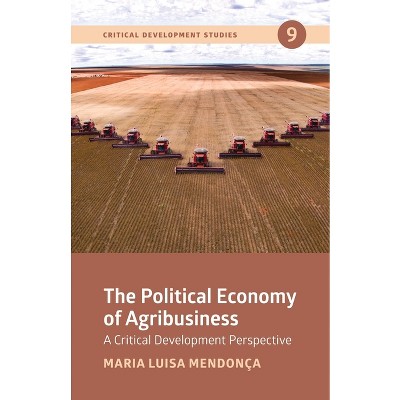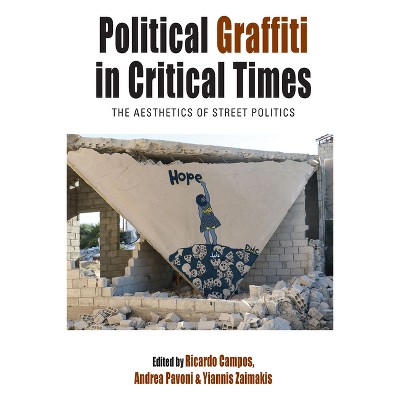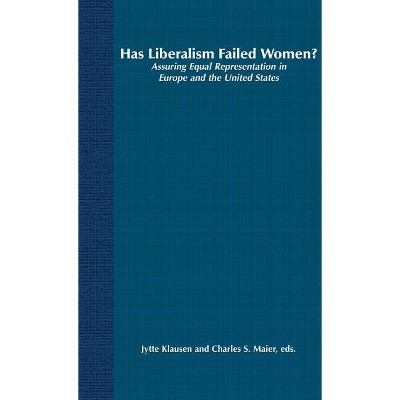Sponsored

Inclusion and Political Representation in Peacemaking - (Critical Security Studies in the Global South) by Isa Lima Mendes (Hardcover)
In Stock
Sponsored
About this item
Highlights
- This book addresses the issue of societal inclusion in peacemaking from a conceptual viewpoint seldom mobilized by Conflict Resolution literature: the one of political representation.
- About the Author: Isa Lima Mendes is Adjunct Professor at the State University of Rio de Janeiro (Uerj).
- 323 Pages
- Political Science, International Relations
- Series Name: Critical Security Studies in the Global South
Description
Book Synopsis
This book addresses the issue of societal inclusion in peacemaking from a conceptual viewpoint seldom mobilized by Conflict Resolution literature: the one of political representation. It reviews how the inclusion debate enters and is developed within the peace and conflict field, proposing, instead, to analyze it through the theoretical lens of political representation. Claiming that it provides better tools to understand the social articulations, oppressions and tensions behind political dynamics inherent to the limited space of the negotiation table, the book discusses the role played by Colombian women in the Havana Dialogues with the former FARC-EP. Whereas articulated women's movements were able to overcome initial hesitation concerning their inclusion and had real impact in the final agreement, ultimately both inclusions and exclusions are involved in (and stem from) such representation.From the Back Cover
This book addresses the issue of societal inclusion in peacemaking from a conceptual viewpoint seldom mobilized by Conflict Resolution literature: the one of political representation. It reviews how the inclusion debate enters and is developed within the peace and conflict field, proposing, instead, to analyze it through the theoretical lens of political representation. Claiming that it provides better tools to understand the social articulations, oppressions and tensions behind political dynamics inherent to the limited space of the negotiation table, the book discusses the role played by Colombian women in the Havana Dialogues with the former FARC-EP. Whereas articulated women's movements were able to overcome initial hesitation concerning their inclusion and had real impact in the final agreement, ultimately both inclusions and exclusions are involved in (and stem from) such representation.
Isa Lima Mendes is Adjunct Professor at the State University of Rio de Janeiro (Uerj). She holds a Ph.D. in International Politics from PUC-Rio. Her work has been published by journals such as Peacebuilding, Journal of Politics in Latin America, Journal of Intervention and Statebuilding and International Negotiation.
About the Author
Isa Lima Mendes is Adjunct Professor at the State University of Rio de Janeiro (Uerj). She holds a Ph.D. in International Politics from PUC-Rio. Her work has been published by journals such as Peacebuilding, Journal of Politics in Latin America, Journal of Intervention and Statebuilding and International Negotiation.Shipping details
Return details
Trending Non-Fiction











